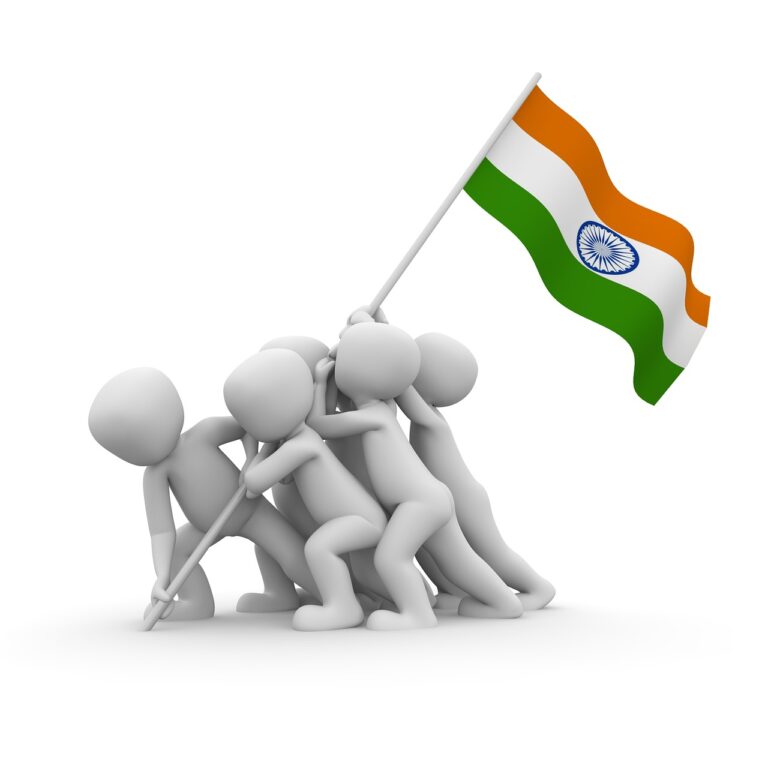Leveraging Advocacy Groups for LGBTQ+ Rights in Campaigns
11xplay online id, india 24 bet login, sky fair vip:Leveraging Advocacy Groups for LGBTQ+ Rights in Campaigns
In recent years, there has been a growing awareness and advocacy for LGBTQ+ rights around the world. With the increasing visibility of LGBTQ+ individuals and communities, there has also been a rise in the number of advocacy groups working to promote and protect these rights. These advocacy groups play a crucial role in pushing for policy changes, raising awareness, and providing support for LGBTQ+ individuals.
When it comes to political campaigns, leveraging the support and resources of advocacy groups can be a powerful strategy for advancing LGBTQ+ rights. In this article, we will explore the importance of working with advocacy groups in campaign efforts and how to effectively collaborate with them to create positive change.
Understanding the Role of Advocacy Groups
Advocacy groups are organizations that work to influence policies, practices, and attitudes towards a particular cause or issue. In the case of LGBTQ+ rights, these groups focus on advancing equality, combating discrimination, and promoting acceptance of LGBTQ+ individuals in society.
Advocacy groups can take various forms, from grassroots organizations to large national nonprofits. They often engage in activities such as lobbying, organizing protests and rallies, providing services and support to LGBTQ+ individuals, and educating the public on LGBTQ+ issues.
The Role of Advocacy Groups in Campaigns
When running a campaign focused on LGBTQ+ rights, partnering with advocacy groups can provide numerous benefits. These groups often have expertise, experience, and networks that can amplify the campaign’s message and reach a broader audience. Additionally, advocacy groups can mobilize their members and supporters to take action, such as participating in events, volunteering, and contacting policymakers.
By collaborating with advocacy groups, campaigns can leverage their resources, including research, messaging, media relations, and advocacy tactics. This can help campaigns to build credibility, increase visibility, and drive momentum towards achieving their goals.
Tips for Effective Collaboration with Advocacy Groups
When working with advocacy groups in campaigns for LGBTQ+ rights, it is essential to establish a strong partnership based on shared goals, mutual respect, and clear communication. Here are some tips for effective collaboration:
1. Identify and research potential advocacy groups that align with the campaign’s mission and values. Consider their track record, expertise, and reach in the LGBTQ+ community.
2. Reach out to advocacy groups early in the campaign planning process to discuss potential collaboration opportunities. Be transparent about your goals, strategy, and expectations.
3. Listen to the needs and priorities of the advocacy groups and find ways to align them with the campaign objectives. Collaborate on developing messaging and strategies that resonate with both groups’ supporters.
4. Establish clear roles and responsibilities for each partner to avoid misunderstandings and ensure accountability. Set up regular check-ins and updates to track progress and address any issues that arise.
5. Leverage the expertise and networks of advocacy groups to amplify the campaign’s message through media outreach, events, and online advocacy. Engage with the group’s members and supporters to mobilize action and build momentum.
6. Recognize and celebrate the contributions of advocacy groups to the campaign’s success. Highlight their role in achieving milestones and publicly acknowledge their support.
By building strong partnerships with advocacy groups, campaigns for LGBTQ+ rights can leverage their resources, expertise, and networks to create meaningful change and advance equality for all.
FAQs
Q: How can advocacy groups benefit from partnering with political campaigns?
A: Advocacy groups can benefit from partnering with political campaigns by gaining visibility, access to decision-makers, and resources to advance their goals. Campaigns can help amplify the group’s message, mobilize supporters, and achieve policy changes.
Q: What are some challenges of collaborating with advocacy groups in campaigns?
A: Some challenges of collaborating with advocacy groups in campaigns may include differences in priorities, communication breakdowns, and power dynamics. It is essential to address these challenges proactively through open dialogue, flexibility, and mutual respect.
Q: How can individuals support LGBTQ+ advocacy groups?
A: Individuals can support LGBTQ+ advocacy groups by volunteering, donating, participating in events, and advocating for LGBTQ+ rights in their communities. By standing in solidarity with advocacy groups, individuals can help create a more inclusive and equitable society for all.
In conclusion, leveraging advocacy groups for LGBTQ+ rights in campaigns can be a powerful strategy for creating positive change and advancing equality. By building strong partnerships, collaborating effectively, and mobilizing supporters, campaigns can amplify their impact and achieve meaningful results in the fight for LGBTQ+ rights.







